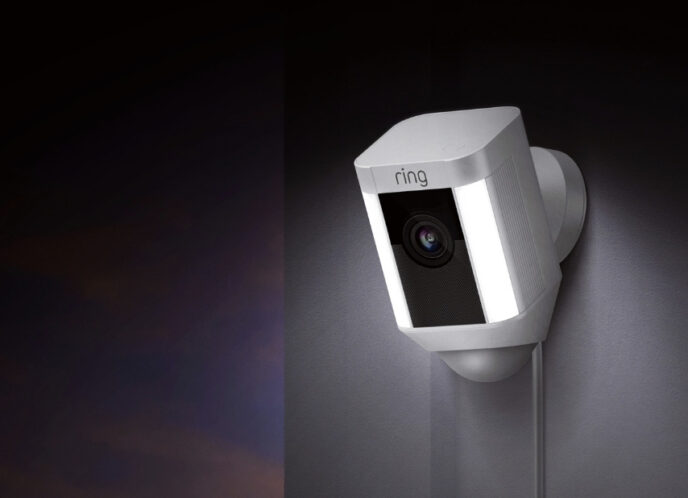Clearview AI is being sued by four individual civil liberties activists and groups (including MediaJustice’s Steven Renderos and Mijente) who allege Clearview AI “engages in the widespread collection of California residents’ images and biometric information without notice or consent,” violating Californians’ privacy and dampening political speech and activity. This has consequences for those pushing for immigration or police reform, whose political speech may be critical of law enforcement and who may be members of communities that have been historically over-policed and targeted by surveillance. Clearview AI enhances law enforcement agencies’ efforts to monitor these activists, as well as immigrants, people of color, and those perceived as “dissidents,” such as Black Lives Matter activists, and can potentially discourage their engagement in protected political speech as a result. Steven Renderos, Executive Director of MediaJustice and one of the individual plaintiffs in the lawsuit, explains why facial recognition technology is so harmful.
“While I can leave my cellphone at home [and] I can leave my computer at home if I wanted to, one of the things that I can’t really leave at home is my face. Clearview AI was circumventing the will of a lot of people in the Bay Area cities that banned or limited facial-recognition use… Making facial recognition more accurate doesn’t make it less harmful to communities of color or other marginalized groups….This isn’t a tool that exists in a vacuum. You’re placing this tool into institutions that have a demonstrated ability to racially profile communities of color, Black people in particular…. The most neutral, the most accurate, the most effective tool — what it will just be more effective at doing is helping law enforcement continue to over-police and over-arrest and over-incarcerate Black people, Indigenous people and people of color.”
Steven Renderos via The Los Angeles Times



